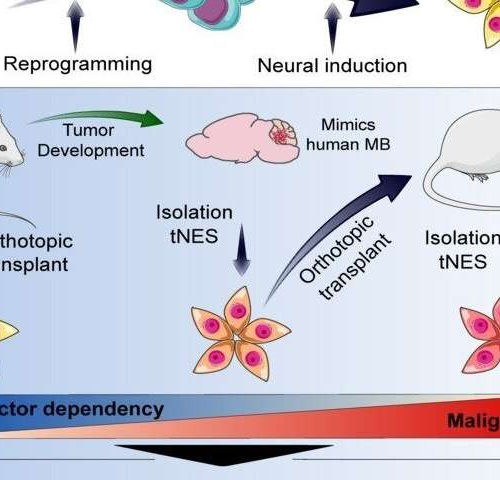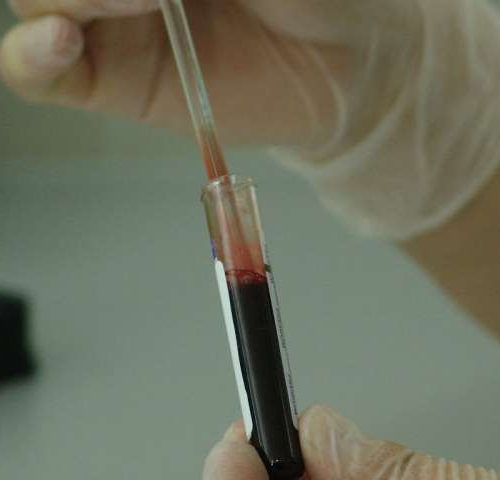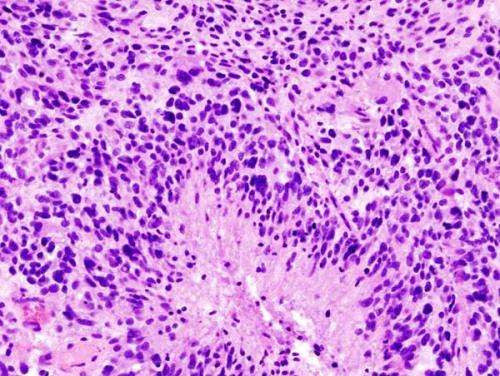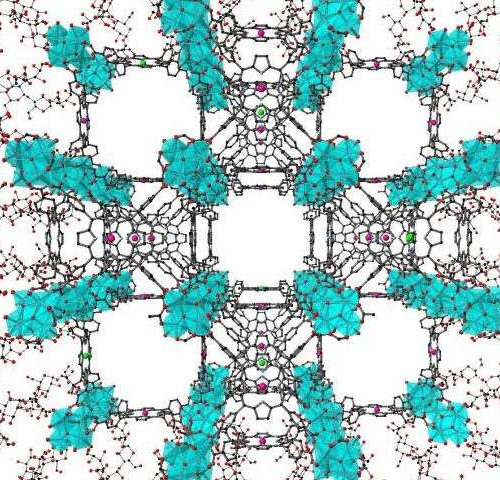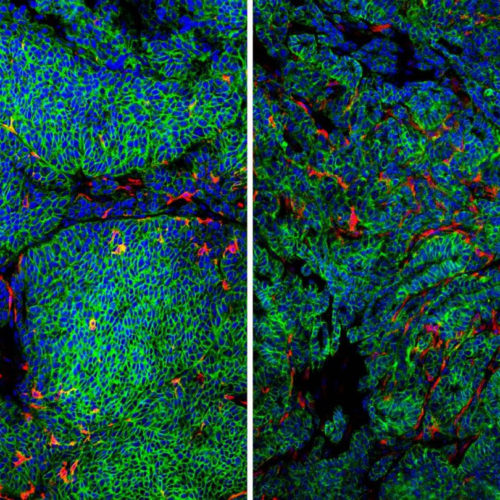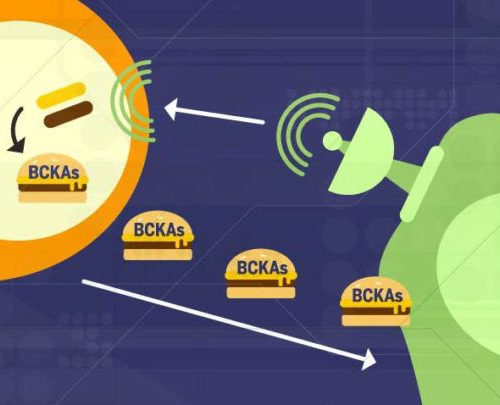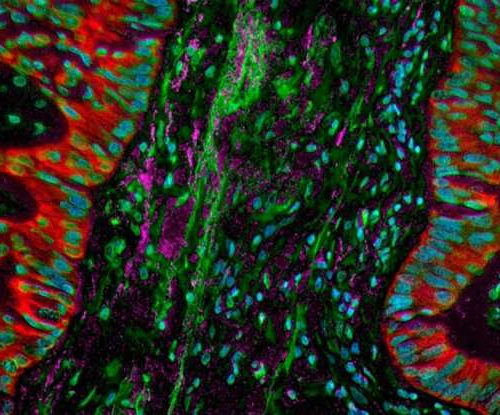by Tabea Kemna, Karolinska Institutet In an interdisciplinary study combining stem cell biology and tumor biology, researchers from Karolinska Institutet (as well as Uppsala and Lund University, together with researchers in Canada, Germany and France), have succeeded in creating a new type of stem cell model for studies on cancer of the brain. The study...
Tag: <span>tumors</span>
Precision medicine identifies key recurring mutation in head and neck cancers
by University of California – San Diego Head and neck cancer is one of the leading causes of cancer-related deaths worldwide, and squamous cell carcinomas (HNSCC) account for the majority of these cases. In a new study, based on preclinical research and published July 29, 2020 in Molecular Cancer Therapeutics, a journal of the American...
Researchers Optimistic After Dose-Determining Trial of Compound Against Metastatic Castration-Resistant Prostate Cancer
This news or article is intended for readers with certain scientific or professional knowledge in the field. A new multi-institution, dose-determining clinical trial of a compound against metastatic, castration-resistant prostate cancer showed promising results, researchers reported in Clinical Cancer Research. The phase 1b/2a study of the pan-BET bromodomain inhibitor ZEN-3694 in combination with enzalutamide was...
Brain tumors may originate in a brain region distinct from where it becomes a lethal disease
by Children’s National Hospital A mouse model of glioblastoma, an aggressive type of cancer that can occur in the brain, suggests that this recalcitrant cancer originates from a pool of stem cells that can be a significant distance away from the resulting tumors. The findings of a new study, led by Children’s National Hospital researchers...
Turning off “junk DNA” may free stem cells to become neurons
For every cell in the body there comes a time when it must decide what it wants to do for the rest of its life. In an article published in the journal PNAS, National Institutes of Health researchers report for the first time that ancient viral genes that were once considered “junk DNA” may play...
New nano drug candidate kills aggressive breast cancer cells
by Matt McGowan, University of Arkansas Chemical structure of multi-functional, anticancer drug candidate. Credit: Hassan Beyzavi, University of Arkansas. Researchers at the University of Arkansas have developed a new nano drug candidate that kills triple negative breast cancer cells. Triple negative breast cancer is one of the most aggressive and fatal types of breast cancer....
How breast cancer cells sneak past local immune defenses
COLD SPRING HARBOR LABORATORY PHOTOMICROGRAPHS OF MOUSE TUMORS EXPRESSING A FACTOR THAT SUPPRESSES A LOCAL IMMUNE RESPONSE (LEFT) AND ONE THAT PERMITS THAT IMMUNE RESPONSE (RIGHT). RESEARCHERS DISCOVERED THAT CANCER CELLS EXPRESSING THE PROTEIN… view more CREDIT: XUE-YAN HE, EGEBLAD LAB, CSHL. Cold Spring Harbor Laboratory (CSHL) Associate Professor Mikala Egeblad and her colleagues describe...
Study Suggests Method to Starve Pancreatic Cancer Cells
A University of Michigan-led study is shedding new light on the way pancreatic cancer cells turn nearby connective tissue cells into co-conspirators in their deadly growth. The findings, which appear in Nature Metabolism, also suggest a new potential strategy against pancreatic cancer by identifying critical components of metabolic cross-talk between cells that might be attacked...
Lung cancer proteome builds on genetic findings to reveal therapeutic strategies
by Tom Ulrich, Broad Institute of MIT and Harvard Lung cancer is the most commonly diagnosed cancer worldwide and the leading cause of cancer-related deaths, killing more per year than breast, colon, and prostate cancers combined. Over the years, studies of the lung cancer genome have fueled the development of drug therapies that target mutations...
Drug treatment could improve effectiveness of immunotherapy for cancer patients
PROVIDENCE, R.I. [Brown University] — While immunotherapy — a form of treatment that uses the body’s immune system to recognize, attack and kill tumor cells — has given hope to people across the globe, it fails in a significant proportion of cancer patients. However, a new study published in the Nature journal Cell Death Discovery...

